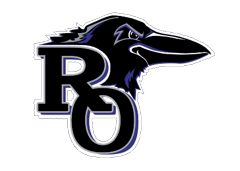Classes
I taught in public and private schools and universities from 1986 – 2021. Here are some of the courses.
Clubs
During my career, I sponsored several, including Royal Oak Model United Nations, Interact youth Rotary, The Roost Student Union, and student service trips.
About Me
What I’m reading, where I’m traveling, how I work to stay eco-friendly, and where to find me in various organizations and social media.
Teaching Philosophy
While my main goal with students is to improve their literacy, what that means becomes a bit complicated. Literacy means thinking critically–both deeply and broadly–about the culture in which we live and learn. Literacy means composition in traditional written forms but also oral performance, close reading skill, and digital composition. Developing literacy is a process rather than an end (I am still learning!), so experimentation, risk-taking, and failure are common: but growth as a writer composing within a dynamic world is not optional. This means authentic assessment projects, cross-disciplinary challenges, democratic participation and service, collaborative teamwork, professional discourse, and an inherent desire to learn are expected behaviors of the literate student.
Blended Learning
Standards-Based Grading
Therefore, a student who earns an “A” on the seventh effort of an essay earns the same amount of credit as the student who earned it on the second try. It’s the success that matters. Equally, doing 100% of the assignments at 60% skill level does not demonstrate successful learning, and doing “extra credit” at the same level of performance may have once earned “points,” but points are not entirely relevant to grades. See the individual class pages to see how this is handled in each class and on MiStar.
Academic Growth
Learning By Controversy and Inquiry
MYP and College Board
Gamification
Technology Access Expectation
Education is Freedom.
What will destroy us:
When dialogue ends,
everything ends.



























